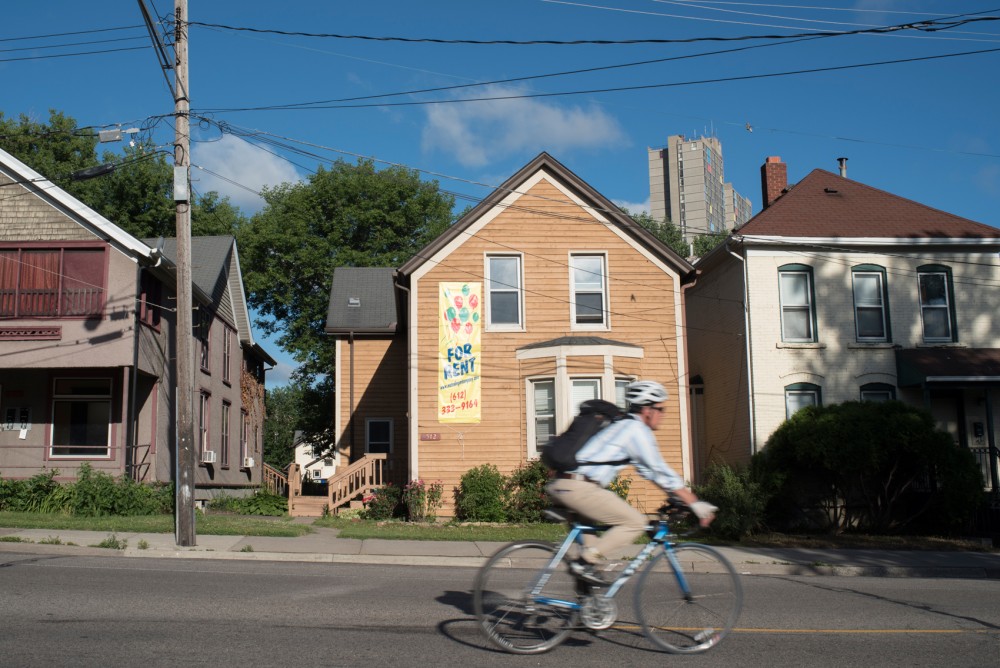Minneapolis officials are drafting an amendment to up housing accessibility to address issues faced by Section 8 voucher holders.
Ward 6 City Council member Abdi Warsame and Ward 8 council member Elizabeth Glidden are working on an amendment proposal to bar landlords from turning away tenants who hold the vouchers.
The U.S. Department of Housing and Urban Development started the Section 8 program in 1937 to help low-income families afford housing.
Glidden said she decided to focus on the project after constituents with vouchers brought housing concerns to her.
“For me, [the project] is important,” said Warsame. “It’s an issue of fairness.”
The change would prohibit Minneapolis landlords from turning voucher holders away without prior screenings, Glidden said, but ultimately wouldn’t force them to accept the tenants.
“But they cannot blanket deny people because they are voucher holders,” she said.
Eric Hauge, lead tenant organizer for the tenant-consultant group Home Line, said barring Section 8 tenants without screening is discrimination.
“This is a civil rights and fair housing issue,” he said.
While a current Minneapolis ordinance prohibits discrimination based on “public assistance,” the amendment would clarify that this includes Section 8 status.
The amendment wouldn’t give voucher holders priority over other renters, Hauge said, but would stop landlords from rejecting them solely based on vouchers.
Glidden said another goal of the amendment is to expand housing availability for Section 8 tenants beyond small, concentrated areas.
Mary Rippe, president of Minnesota Multi Housing Association, said an amendment like this might have the opposite effect and intensify clusters of section 8 housing.
She said MHA wants a more regional approach to the issue rather than a one-size-fits-all amendment.
“There’s going to be unintended consequences that would make it harder [for] housing,” Rippe said.
Warsame said that after multiple public hearings with landlords and tenants, the Section 8 program itself was seen as problematic.
Glidden said she and Warsame chose to broaden their approach to Section 8 after the meetings.
Warsame said both renters and landlords told him Section 8 gives little leeway for both sides.
He said tenants also claimed the program offered little support, even with increasing rent and growth in family sizes.
Glidden said the city hired an external consultant to find better implementation methods to improve Section 8 and procedures between voucher holders, landlords and housing associations.
Warsame said some also raised issues with inspections, claiming they were inconsistent and confusing. Glidden said the city is taking steps to fix this as well.
Warsame said this is a chance to work with the Minneapolis Public Housing Authority, the U.S. Department of Housing and Urban Development and the city to fix the issues.
Glidden said the amendment has been introduced but will face multiple public hearings before next steps are taken.
Hauge said seven other Minnesota counties, nine states and 34 cities across the U.S. have similar ordinances.
Warsame said he and Glidden are gathering as much information as possible from all sides before proceeding.








